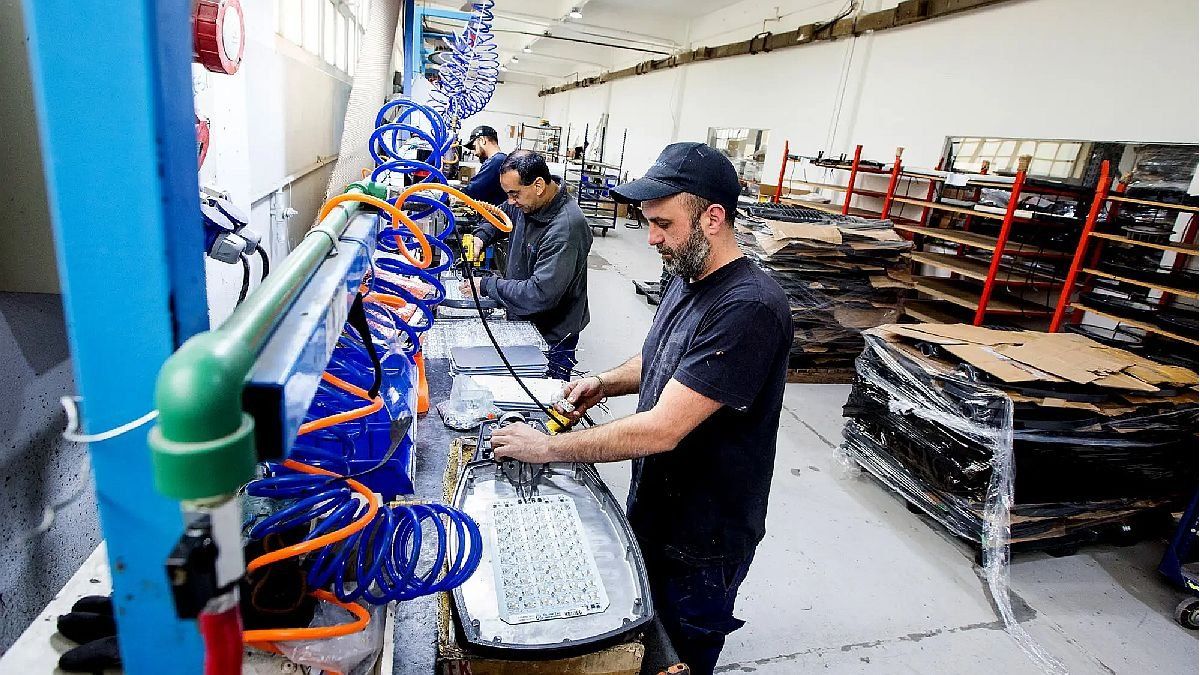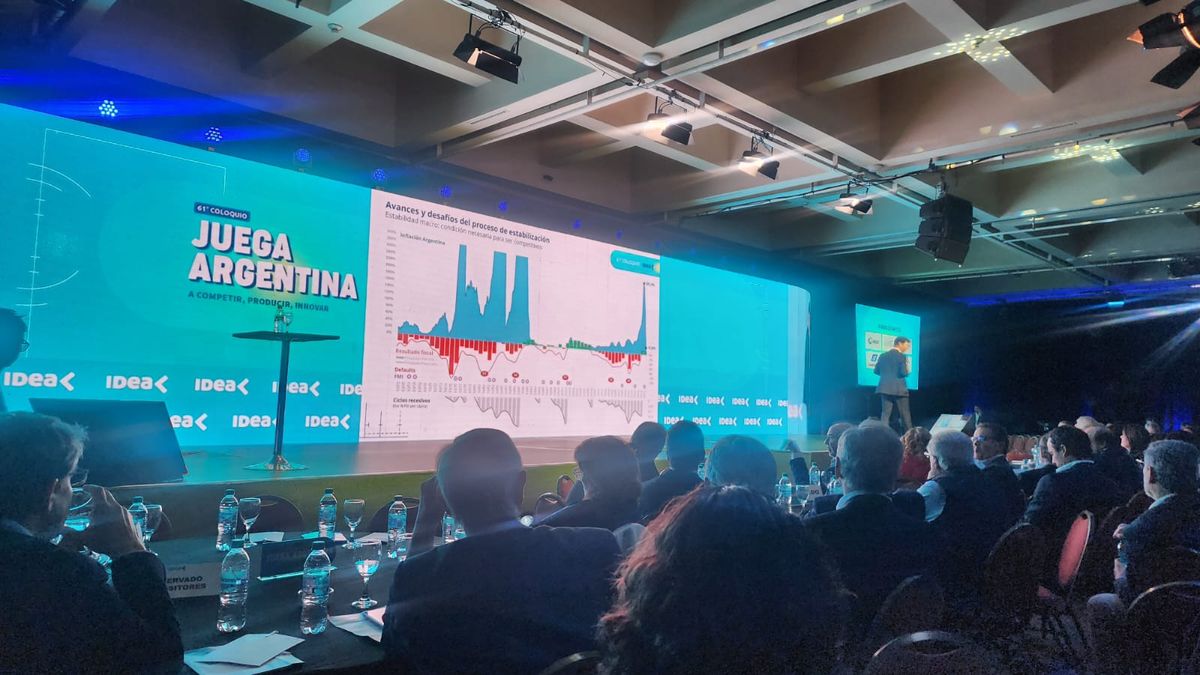The president of the CAC, Natalie Grinmancelebrated the “signs of improvement” in businesses and employment after three years of the pandemic, pointing out that “Although it is two points below what was registered in 2018, there is a growth of 6.5% in relation to the 2019-2021 period.”
The head of the CAC also stated that “Argentina is a potentially rich country, with structural and recurrent problems” and highlighted the importance of the sector in the economy by pointing out that “commerce and services, in Argentina, explain little more than 65% of the GDP, and around 67.3 percent of the formal workforce employed”.
He also said that “it is necessary to propose, under all instances, formal work as more employment is needed in the private sector; countries that develop and grow do so through this sector” and asked “simplify the procedures because every time you want to open a business there are obstacles, you have to facilitate and put an end to that perverse bureaucracy that discourages the creation of new sources of work.”
The president of the Association of National Businessmen and Businesswomen for Argentine Development (ENAC), Leo Bilanskihighlighted that “in 2019, commercial companies were hiring and firing in the same magnitude, 10%; today, 34% create jobs, and 8% are laying offas well as in the service sector, 36% offer job opportunities, and only 6% opt for layoffs”.
The director of the commercial sector of CAME, Fabián Tarrío, pointed out that SMEs have “around 1 million registered employees” and that “beyond a brutal effect such as that of the pandemic, many entrepreneurs reopened businesses with more personal projectsoccupying in another way the places that had been emptied,” he added.
In his presentation, Tarrio explained that in May 2022 “45 million operations were registered electronically and 120 million transactions in person”: “This supports the theory that street commerce, the historical one, is fully valid,” Tarrío sidestepped, while defining the ideal formula as “working with both things: making the street a permanent attraction, and, in addition, modernize and incorporate new sales methods”.
When asked about the illegal trade, Tarrio pointed out that in recent years “tax pressure has forced many to work in their department illegally”and proposed as a solution “the laundering of the economy based on a tax reform, which helps to undertake, and, at the same time, allows education, health and justice to be served.”
Meanwhile, the resident of Apyme Mar del Plata delegation, Gustavo Casciotti pondered the current process of economic recovery is “verifiable in all the variables and practically all the branches, which in most cases reach pre-pandemic values and in some activities they are even better than in 2019 or 2018.”
However, he pointed out that “There is a large number of workers who, on average, cannot access a Total Basic Food Basket, and when you look at that reality, you come face to face with the scourge of inflation.” As for inflation, Casciotti referred specifically to the aspects “related to the formation of expectations, speculation and with a highly concentrated and foreign structure that determines the possibility of setting prices, often decoupled from the true increases in costs”.
Source: Ambito
David William is a talented author who has made a name for himself in the world of writing. He is a professional author who writes on a wide range of topics, from general interest to opinion news. David is currently working as a writer at 24 hours worlds where he brings his unique perspective and in-depth research to his articles, making them both informative and engaging.




